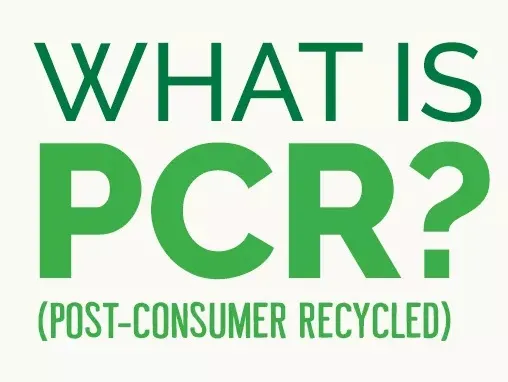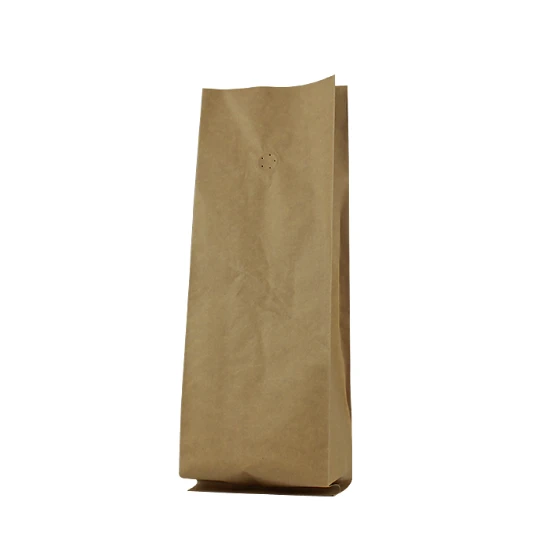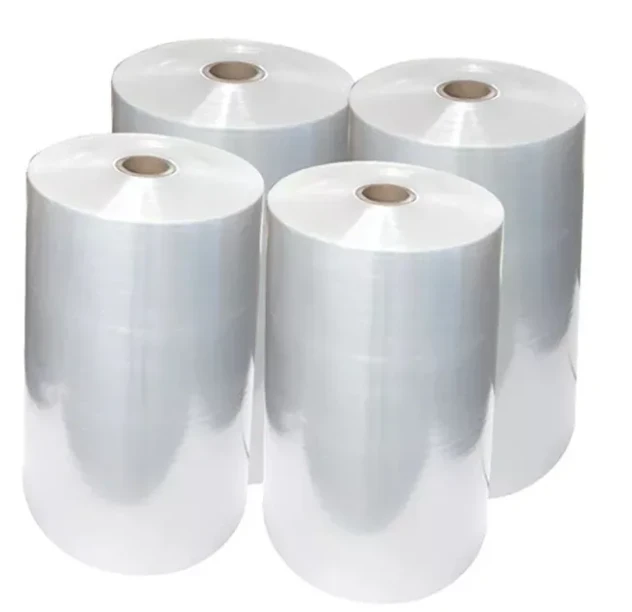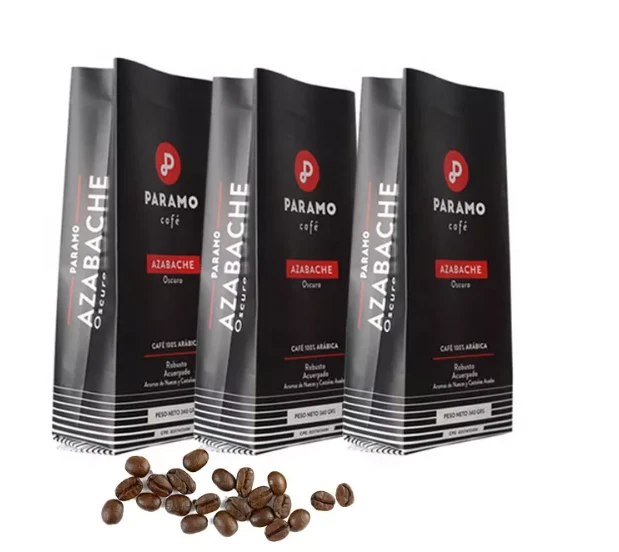- Afrikaans
- Albanian
- Amharic
- Arabic
- Armenian
- Azerbaijani
- Basque
- Belarusian
- Bengali
- Bosnian
- Bulgarian
- Catalan
- Cebuano
- chinese_simplified
- chinese_traditional
- Corsican
- Croatian
- Czech
- Danish
- Dutch
- English
- Esperanto
- Estonian
- Finnish
- French
- Frisian
- Galician
- Georgian
- German
- Greek
- Gujarati
- haitian_creole
- hausa
- hawaiian
- Hebrew
- Hindi
- Miao
- Hungarian
- Icelandic
- igbo
- Indonesian
- irish
- Italian
- Japanese
- Javanese
- Kannada
- kazakh
- Khmer
- Rwandese
- Korean
- Kurdish
- Kyrgyz
- Lao
- Latin
- Latvian
- Lithuanian
- Luxembourgish
- Macedonian
- Malgashi
- Malay
- Malayalam
- Maltese
- Maori
- Marathi
- Mongolian
- Myanmar
- Nepali
- Norwegian
- Norwegian
- Occitan
- Pashto
- Persian
- Polish
- Portuguese
- Punjabi
- Romanian
- Russian
- Samoan
- scottish-gaelic
- Serbian
- Sesotho
- Shona
- Sindhi
- Sinhala
- Slovak
- Slovenian
- Somali
- Spanish
- Sundanese
- Swahili
- Swedish
- Tagalog
- Tajik
- Tamil
- Tatar
- Telugu
- Thai
- Turkish
- Turkmen
- Ukrainian
- Urdu
- Uighur
- Uzbek
- Vietnamese
- Welsh
- Bantu
- Yiddish
- Yoruba
- Zulu
vaccum packing machine
The Advantages and Applications of Vacuum Packing Machines
In a world where food preservation and storage have become paramount, vacuum packing machines have emerged as essential tools for both consumers and professionals alike. By removing air from packaging, these machines significantly extend the shelf life of a variety of products, ranging from food items to non-food materials. This article explores the functionality, benefits, and diverse applications of vacuum packing machines.
Understanding Vacuum Packing Technology
At its core, a vacuum packing machine operates by extracting air from a specially designed bag or container before sealing it tightly. The removal of air minimizes the presence of oxygen, which is known to contribute to the spoilage of food through oxidation and microbial growth. This technology leverages the principles of vacuum sealing to create an environment that significantly slows down the degradation process, ensuring that items remain fresh and safe for consumption for longer periods.
Key Benefits of Vacuum Packing
1. Extended Shelf Life One of the most notable advantages of vacuum packing is the extended shelf life it offers. Products stored in vacuum-sealed bags can remain fresh for several months, or even years, compared to traditional storage methods. This is particularly beneficial for perishable goods such as meats, fruits, and vegetables.
2. Cost Efficiency With longer shelf life, businesses and consumers can save money by reducing food waste. Items like bulk purchases can be vacuum sealed and stored, allowing consumers to buy in quantities that suit their needs without the fear of spoilage.
3. Flavor Retention The vacuum sealing process preserves the natural flavors and nutrients of food items. With air removed, there is less likelihood of oxidation, thus retaining the freshness and taste of food over time.
4. Convenience and Portability Vacuum packing makes it easier to transport food, especially for those who travel or camp frequently. Vacuum-sealed products take up less space, making them ideal for storage in small spaces like freezers or backpacks.
vaccum packing machine

5. Protection from Contaminants Vacuum-sealed foods are less susceptible to pests and environmental factors, offering better protection against contaminants that can lead to spoilage or foodborne illnesses.
Diverse Applications of Vacuum Packing Machines
The versatility of vacuum packing machines extends beyond food preservation
. Various industries have adopted this technology to enhance their product management and packaging strategies- Food Industry From restaurants to food manufacturers, vacuum packing is employed to preserve ingredients and finished products, including cooked meals, grains, and snacks.
- Medical Field In the medical sector, vacuum packing is used for sterilizing tools and equipment. This ensures that medical devices remain uncontaminated until they are ready to be used.
- Retail Sector Vacuum packing is also popular in the retail environment for packaging cosmetics, clothing, and even electronics, safeguarding products during shipping and storage.
- Industrial Applications In manufacturing, vacuum packing can be utilized to package components or materials that require protection from humidity or oxidation.
Conclusion
Vacuum packing machines serve as an invaluable asset in modern storage and preservation methods. With their ability to extend shelf life, reduce waste, and provide protection against contaminants, they cater to various industries and everyday consumers alike. As technology continues to advance, the functionality and efficiency of vacuum packing machines are expected to evolve, making them even more integral to food preservation and product management strategies across the globe.













